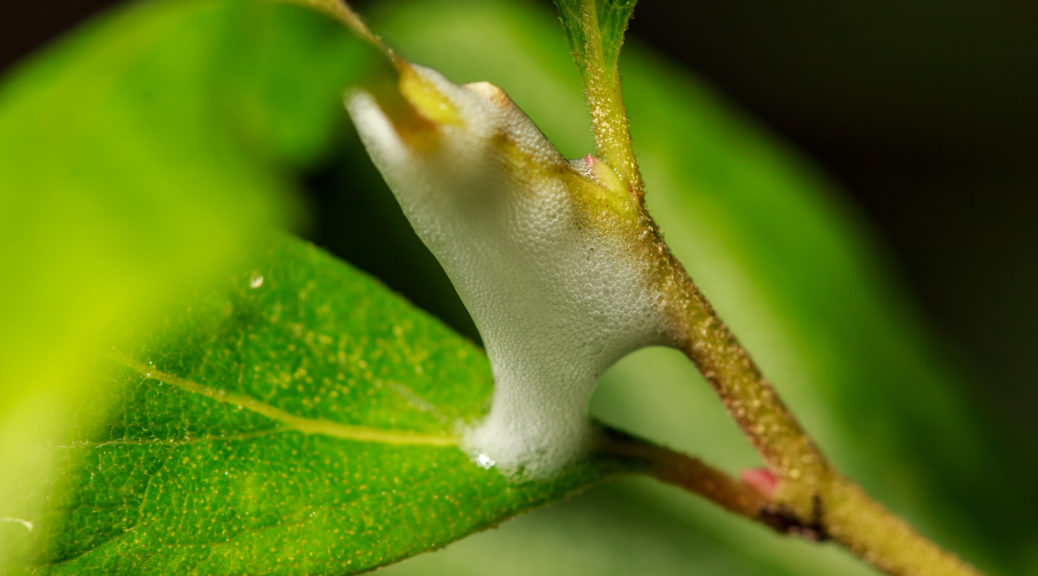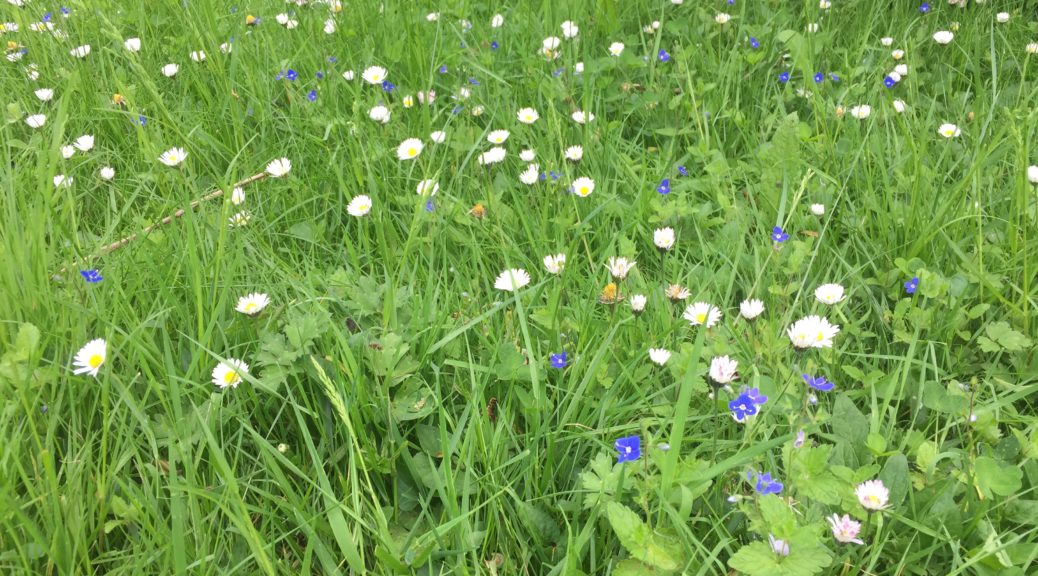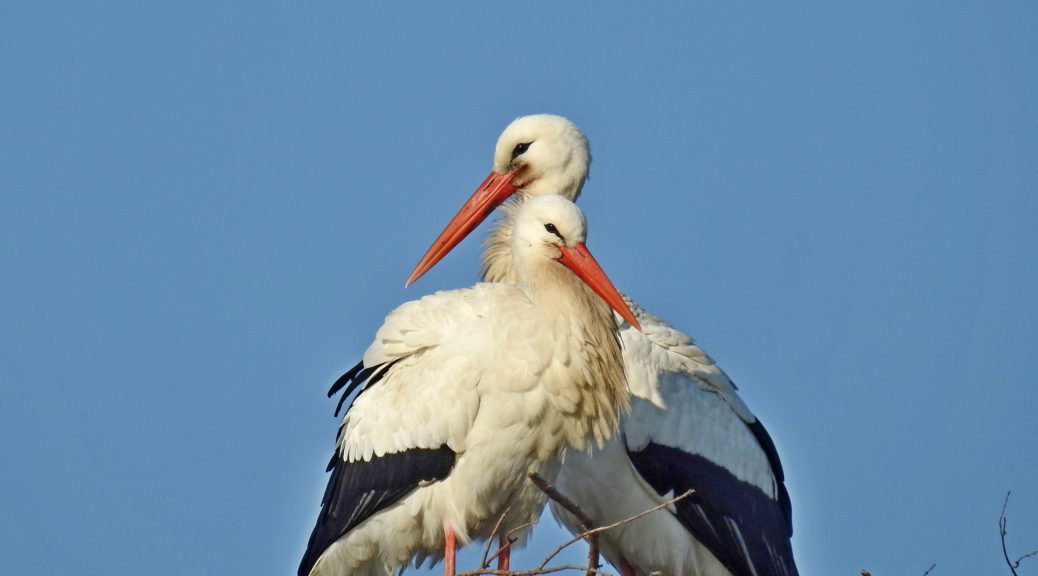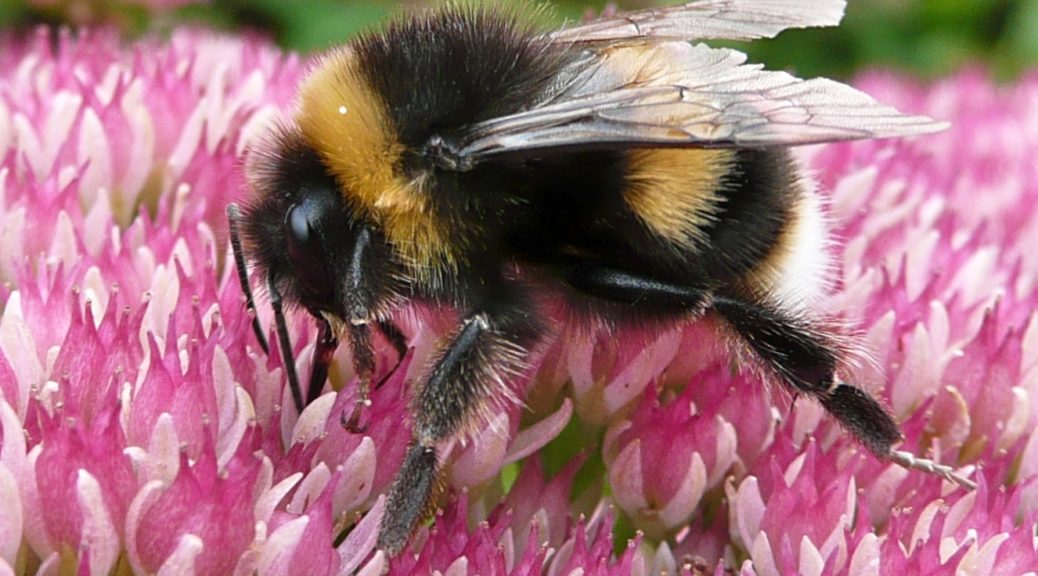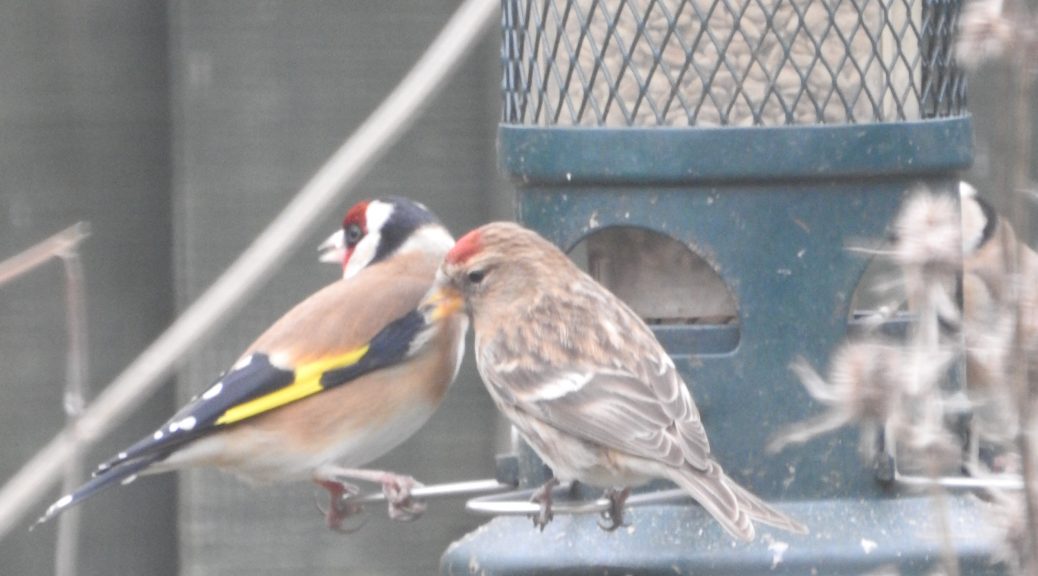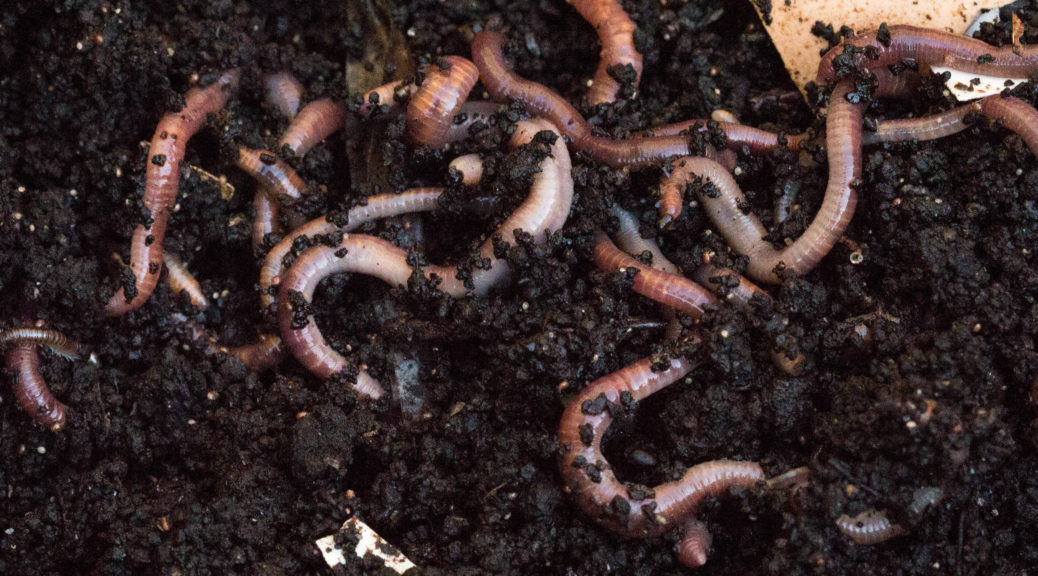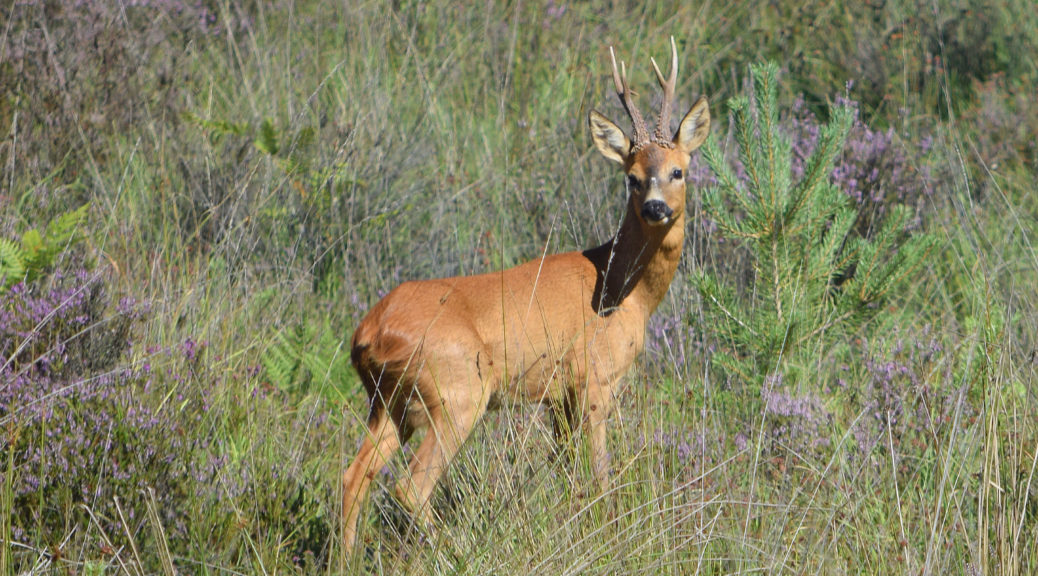Surrey Live reports that Surrey borough council is looking to use a 10 metre tower to tackle declining numbers of swifts in Shalford.
Guildford Borough Council wants to put the tower near a car park and recreation ground on the junction of Kings Road and Chinthurst Lane in Shalford.
The nesting tower will allow up to 56 pairs of birds to breed and has been designed to look like a piece of artwork.
The number of swifts have declined by 53%, according to the RSPB.

